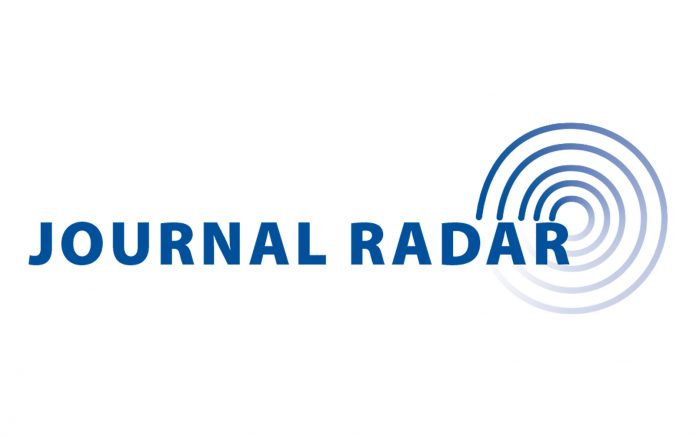By Suresh Ramalingam, MD
Posted: December 11, 2019
IN REFERENCE TO: Garon EB, Hellmann MD, Rizvi NA, et al. Five-Year Overall Survival for Patients With Advanced Non–Small-Cell Lung Cancer Treated With Pembrolizumab: Results From the Phase I KEYNOTE-001 Study. J Clin Oncol. 2019;37(28):2518-2527.
Immune checkpoint inhibition is now part of routine care for patients with advanced-stage NSCLC. Randomized clinical trials have established the efficacy of checkpoint inhibitors as monotherapy and in combination with chemotherapy. One of the main features with immune checkpoint inhibition is the durability of clinical responses in a subset of patients; long-term survival is now possible for patients with advanced-stage NSCLC, even with metastatic disease. It is in this context that the publication by Garon et al. assumes significance. Although the results describe a cohort of highly selected patients enrolled to a phase I study, the 5-year survival rate of approximately 30% for the patients who received pembrolizumab is a new milestone in lung cancer for metastatic disease. This robust survival duration was noted in patients with high PD-L1 expression in the first-line setting. This group represents approximately 25% to 30% of all cases of advanced NSCLC. Whether response to immunotherapy translates into cure for this subset of patients is subject to debate, which will be answered by continued follow-up.
For now, the focus shifts to understanding the specific biologic attributes of the long-term survivors. Knowledge regarding the immune milieu of longterm survivors can lead to the development of novel approaches to improve outcomes for all patients with NSCLC. Combination approaches hold promise, as has already been evidenced by the integration of chemotherapy and radiotherapy with immune checkpoint inhibition. There is no doubt that more work needs to be done; however, it is also appropriate to reflect on the magnitude of progress to date, and the difference this makes for our patients’ lives. ✦
Disclosure: Dr. Ramalingam is a coauthor of this study; he has received honorarium for participating in advisory board meetings/Consultation for Merck, Astra Zeneca, Bristol Myers Squibb, and Roche. He has received research support (to institution) from Astra Zeneca, Bristol Myers Squibb, and Merck.
About the Author: Dr. Ramalingam is a professor of Hematology and Medical Oncology at Emory University School of Medicine, Winship Cancer Institute.











